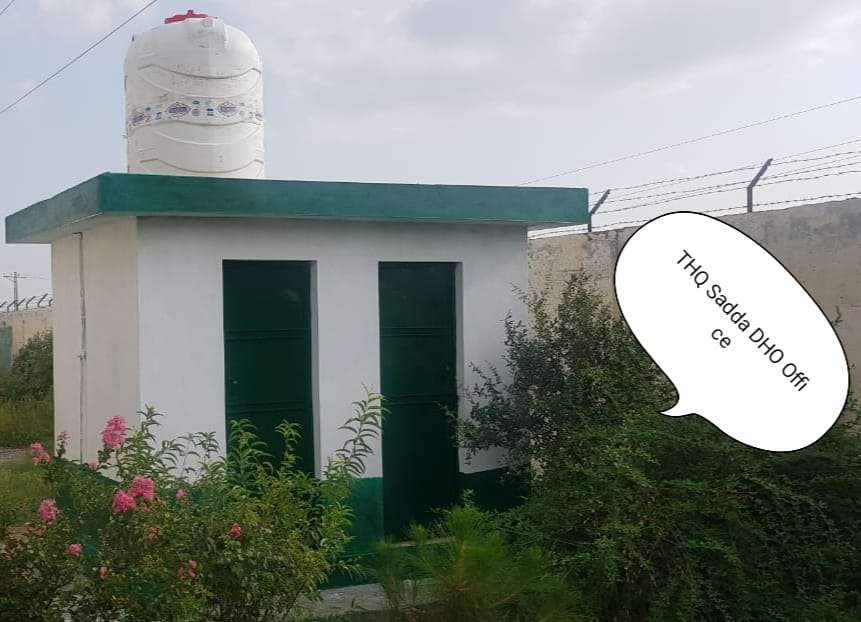- By Editorial Board
- September 12, 2019
- 0 Comments
WASH
September 2019 -October, 2020
UNOCHA/PHPF
District Kurram
To fulfill the unmet needs women, men, girls and boys through provision of basic institutional WASH facilities in return areas of Kurram district, KP.
Project Background:
The project will address the unmet needs in water, sanitation and hygiene in schools and health care facilities in Central and Lower Kurram with the aim to ensure that the return process is sustainable and the transition to longer term recovery and development is smooth. In terms of population coverage, 50,000 individuals with a gender disaggregated ratios of 15,300 women, 14,700 men, 10,200 girls and 9,800 boys recently returned/returning to the Lower and Central Kurram District will benefit from the adequate provision of WASH facilities. Following specific activities are proposed to be carried out during 9 months of the project;
- The issue of sustainable access to water, sanitation and hygiene in health care facilities and schools will be addressed through provision of institutional WASH services including safe, gender appropriate, disability friendly and accessible WASH facilities such as twin latrines and hand washing pads with water supply connection and appropriate storage in 30 schools and 14 health facilities.
- For the provision of clean drinking water, water supply schemes will be constructed by digging bores holes and installation of solar powered water pumps in 18 schools and health care facilities.
- Trainings will be imparted to school teachers and health facilities staff on Operation and Maintenance and WASH approaches. The targeted schools will also receive O&M tools and latrine cleaning kits.
- Mass hygiene promotion sessions will be conducted in 14 health care facilities targeting women and men visiting the facility.
- WASH clubs will be formed in 30 schools with equal focus on girls. For effective hygiene promotion intervention Three Star approach for WASH in Schools will be followed not only for conducting hygiene related activities with WASH Clubs but improving overall situation of WASH in schools. In girls schools, the WASH club activities will consist of MHM sessions so that theadolescent girls are not only able to acquire knowledge and skills about menstrual issues but are able to manage menstrual issues confidently.
- To come up with appropriate and sustainable ways to support MHM in schools MHM kits will be provided to school teachers (WASH club in charge) for further distribution among adolescent girls. The kits will be replenished through meager contribution from students to keep it sustainable. Similarly, school WASH club activities will cover MHM sessions so that girls acquire knowledge regarding menstrual issues.
- Water bottles will be distributed among 6000 school children.
- Taleemi Islahi Jirgas (TIJs) consisting of parents and teachers will be revitalized, trained and actively engaged in WASH in school activities. The TIJs will make sure that not only the healthy habits are taught in school and integrated in daily routine but the broader goal of child-friendly school is achieved.
- The WASH clubs in school will provide learning environment and promote improved behaviors in curtailing open defecation and improving habits of hand washing at critical stages, at personal, domestic and community level.
- The project will also focus on lack of adequate facilities for girls to manage their menstruation by improving the WASH facilities and conducting hygiene education. Dissemination of health related messages to adolescent girls in high schools will be facilitated by women social mobilization team, with a special focus on promotion of menstrual hygiene management (MHM).
- Development and dissemination of IEC material among school children and communities. The BCC awareness material will also focus on Three Star Approach. Other hygiene promotion interventions include observance of international days like global hand washing day, MHM day, World Water Day and world toilet day.
- Pre and post KAP survey will be conducted to determine how the project has realized its set objectives.


